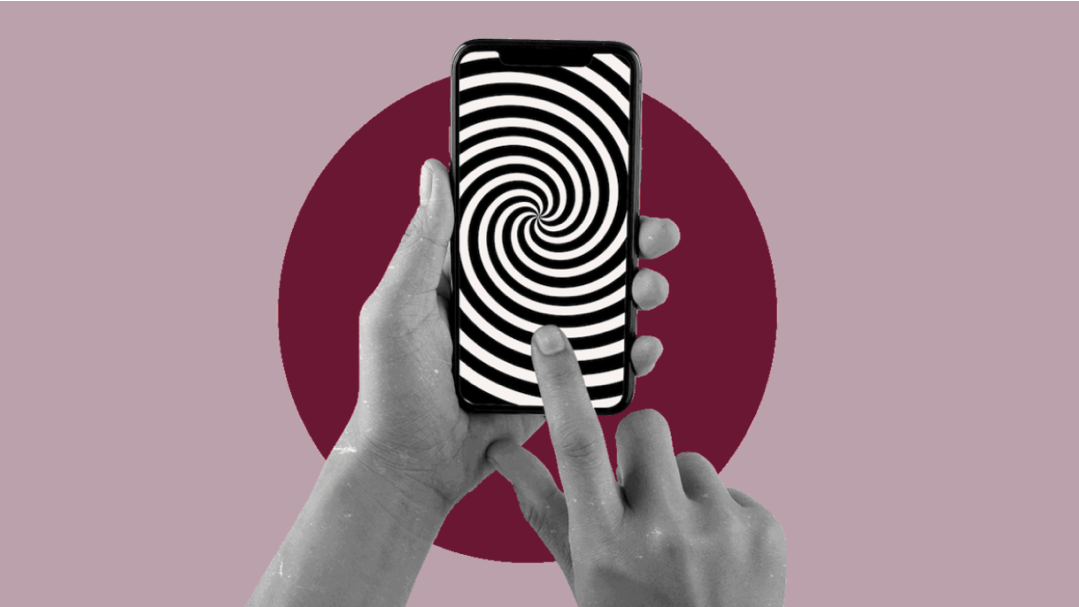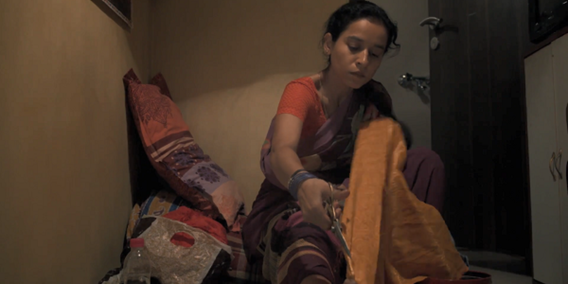Are You Doom Scrolling
In 2020, I caught on to a new habit. My phone became my newspaper…and for valid reasons. I believed that TV news gave me either insufficient or inaccurate information about what’s going on. So I took things into my own hands. I took to social media – Instagram, Twitter, Facebook, or maybe even doing a quick Google Search.
But unlike newspapers that were glanced at once a day during breakfast , or during a snack break, my phone is always buzzing with news. As a result I was reading more, had more information to be aware of and more people that I thought I had to help. To such an extent, that it all got too overwhelming for me.
And then I found out this behaviour and feeling had a name: doom scrolling. Doom scrolling essentially means going through social media – looking for (and almost always, reading) bad news. Knowing exactly what happens, what the virus is about, what crimes are happening, which protests, etc. would allow me to feel more in control of the situation. It felt good knowing what is happening right now, and what might happen in the near future. But it also made me feel utterly helpless when something bad happened.But I just could not stop scrolling.
“Each night ends the way the day began, with an endless scroll through social media in a desperate search for clarity.”
Could this affect my mental health?
Of course it does – sometimes news of the virus, or deaths, can leave us feeling really uncomfortable and agitated, without any feeling of control. Social media is a boon. We get resources, we get solutions, so many guides – everything to help one another. It can also be great for our mental health. But overuse of the same can very well also lead to depression and anxiety, and the fear of missing out. Even if that’s knowing how people are spending the lockdown or maybe just what’s new about the virus, there is always a fear of the unknown.
Doom scrolling is also an evolutionary phenomenon. We like to familiarise ourselves with danger to be ready. Stress keeps us motivated to survive. We see the news in order to survive but this also stresses us out. Here’s the thing about feeling stressed in 2021, according to our brain, is the same as a mammoth running towards us in the 17th century. Our brain does not understand relative stress or how we have developed our surroundings in the 21st century, and so it constantly keeps feeling like running, freezing or fighting the stress… in the middle of a lockdown… where we are more restricted than usual with no place to run.
So, it’s like a cycle, right? We want to distract ourselves, we check Instagram, see the news, we stress out, we want to distract ourselves, but what do we have to distract ourselves apart from social media itself in this lockdown? Keep in mind that this is not entirely our fault. We also have a negativity bias. This means that negative news is more likely to affect our psychological health compared to positive news. Research also says that negative news stresses us more, leads to feelings of anxiety, sadness, panic and fear.
Here, the pleasure of scrolling through negative news is only that we might know more than we already do, so we will survive better – and that helps us (especially our anxiety) feel better… but for a short time before anxiety sets in again.
“If you’re depressed, you often look for information that can confirm how you feel. If you’re feeling negative, then reading negative news reconfirms how you feel. It’s the same mindset.”
– Dr. Albers.
So, how do we avoid doom scrolling? What do we keep in mind?
One thing is that if there is anything in control right now, it is your social media consumption and how you decide it affects you. This might mean restricting your usage, actively trying to not get into a doom scrolling pattern or just not using social media all together.
Slot a time for doom scrolling –
(do something soothing right after) and try reducing the scrolling over time.
If you are used to checking the news first thing in the morning, do not keep your phone next to you while you sleep. Keep it away – maybe on a table far away from your bed. (plus side is, you’d have to wake you up instantly when your phone alarm rings, no more snoozing!)
If you are an anxious person, this doom scrolling can be more addictive.
Anxiety means overthinking, where we might focus on negative things and think of the worst case scenario. And where we are right now can be anxiety inducing in itself. If your thoughts are running because of the posts and news you read, think of what is more realistic? What happened the last time around? How did you cope in 2020? What helped and what didn’t?
Be honest with yourself.
As hard as it sounds: ask yourself why you are scrolling? Are you feeling anxious? Do you need reassurance? Is it to confirm your fears? Do you feel like you’ll miss out? Do you want to help? All of these are valid. But being aware of what’s making you scroll might also allow you to limit it, or use it for your benefit.
If you feel like you cannot stop, it’s okay.
Times are tough and it’s fine if you cannot seem to cope with the bad news or get away from it. But when you do, try to immediately think of what you are grateful for in this moment. I do understand it might make you feel guilty in the process, but – remember that you are doing everything you can to help. If that’s sharing, calling, following, reading – that is enough. This might help you look at the situation as grey instead of just black or white.
(If not thinking of things to be grateful for, motivate yourself to do something you like off-screen. Dancing, singing, music, reading, painting, cooking, eating. Anything at all.)
Too much information can also easily turn to misinformation.
Be wary of the news that you are reading online and make sure to fact-check what you consume. It might be important to get the information, but it is also important to get the right kind!
A Gentle Tool to Help You Slow Down
When the scroll feels endless, grounding yourself back into the present moment can be an act of emotional protection. If you need something tactile, gentle, and psychologist-designed to interrupt the doom-scrolling spiral, our Ground Breaking – Mindfulness Cards offer simple, elegant practices you can return to anytime your mind feels overwhelmed.
Think of them as a quiet reset — a small pause that brings you back into your body, your breath, and this moment.








